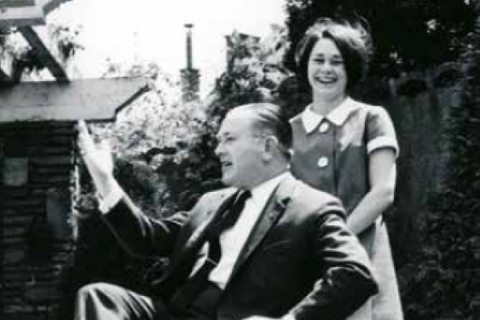our performance protects yours
We're not just workwear providers; we are innovators dedicated to pushing boundaries and engineering clothing that redefines excellence across multiple environments.
)
About us
driving bespoke innovations
The history of the Alsico Group is, above all, an adventure of a family for almost 100 years, seeking to surround themselves with the best partners to work together every day in the pursuit of excellence.
About us
a global supplier with local capabilities
Our vast range of products covers the requirements of your workforce, from large stock ranges available for immediate despatch to our bespoke designed ranges with class-leading delivery times.
Alsico owns its own production units with manufacturing plants in 11 countries, comprising a workforce of over 5,000 multi-skilled machinists. We strive to ensure that all our factories follow ETI or FLO-CERT guidance and meet the highest standards of Health & Safety enabling our customers to buy in complete confidence.
This combination of local service with global reach means we can provide locally available workwear solutions and services tailored to the distinct needs of our customers, whilst offering global market knowledge and experience to support industry in all sectors and parts of the world.
85 years of sustainable solutions
Our history
Global reach
nearly 100 years of experience in garment manufacturing
We have a team of around 7,200 employees within 21 factories in 11 countries over 4 continents. We truly are a global company with global reach.
All of our production units, with local management, are owned by the Alsico Group and exclusive to us.
The size of our global manufacturing operation means we can deliver the quickest lead times on the market today. We have full control of our supply chain and resources, therefore we can successfully manage the requirements of multiple contracts and clients across the world.
All of this gives us the capability to respond to your order and your delivery date in a timely fashion. If we don’t have the items you want in stock or if you have requested bespoke products, we have the manpower, the materials, and the infrastructure to deliver.
Our factory in Morocco is the most flexible manufacturing unit in the world and can respond to orders quickly, large or small.
The Alsico Group is the largest purchaser of workwear fabrics in Europe, which not only helps us give you competitive products at competitive prices, it also enables us to source the most technically advanced fabrics available. Sourcing, developing, and bringing innovative workwear solutions to market is at the heart of what we do.

About us
the environments we serve
Due to our scale and global reach, we can supply garments to all workwear environments. Our bespoke and custom-made abilities ensure you are partnering with the most flexible workwear manufacturer and supplier you can.
If you would like to speak to our team, please phone:
01772 662500
Dedicated to our customers
customer service focussed
Making sure your workforce has the garments they need is crucial to your business and we won’t let you down. We work hard to make sure our sales and customer support teams can respond to your enquiries quickly, smoothly, and with the least possible fuss.
Our dedicated team, with over a hundred years of experience and passion for the workwear industry, ensures accurate and speedy responses to your requests. We are here to help you with any new enquiries and every order you place.
Our global logistics network means that we can work quickly and efficiently to get your order made and delivered within the time frame that works for your business.
Reputationally, we know that Alsico do things correctly and our compliance team found that the ALSIFLEX was the real deal when it comes to sustainability
Procurement Operations Director - DHL Supply Chain
certifications & memberships

)



















